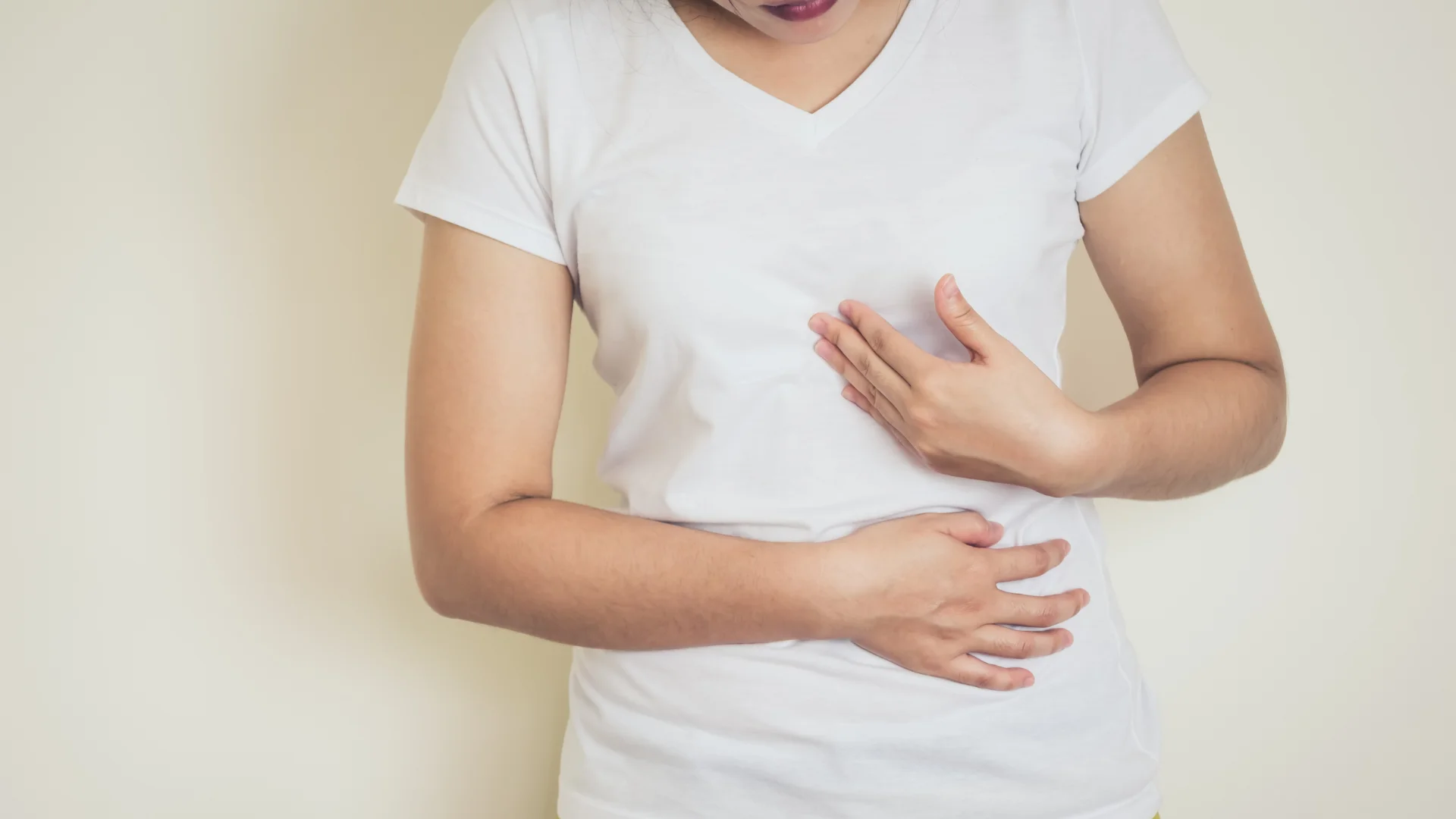
Gastroesophageal Reflux Disease (GERD): What You Need to Know 🔥
Gastroesophageal reflux disease, commonly known as GERD, occurs when stomach acid flows back into the esophagus, causing symptoms or complications. Essentially, GERD refers to a collection of symptoms and damage to the esophageal lining. It is one of the most common conditions affecting the digestive system.
What Causes GERD? 🤔
GERD occurs when stomach acid refluxes into the esophagus due to:
Common Symptoms of GERD 🔍
GERD can cause a variety of symptoms, including:
Possible Complications of GERD
If left untreated, GERD can lead to:
How Is GERD Diagnosed? 🩺
To accurately diagnose GERD, other conditions with similar symptoms must first be ruled out, including:
Diagnostic tools and procedures include:
Treatment Options for GERD
Managing GERD involves a combination of approaches tailored to the severity of the condition:
Can GERD Be Prevented? 🛡️
While GERD cannot be fully prevented, following certain dietary and lifestyle tips can help reduce the risk of symptoms and complications:
By addressing GERD early and making necessary changes, you can significantly reduce complications and improve your quality of life. If you suspect GERD, consult a healthcare professional for advice and appropriate care.
🩺 Explore out our Check-Up Programs!
DISCLAIMER: The information presented on this page has been intentionally condensed and simplified to make it accessible and easier to understand for the general audience. Its purpose is solely to provide basic awareness and education on the topic discussed. It is important to note that this content is not exhaustive and does not replace or serve as a substitute for professional medical advice, diagnosis, or treatment. Readers are strongly advised to seek consultations with qualified healthcare professionals or specialists for accurate assessment, personalized guidance, and appropriate medical care. Relying solely on the information provided here, without professional oversight, may lead to misunderstandings or inadequate treatment.
Privacy policy
Copyright ©2025 Klinika Kajo. Designed By Vizional